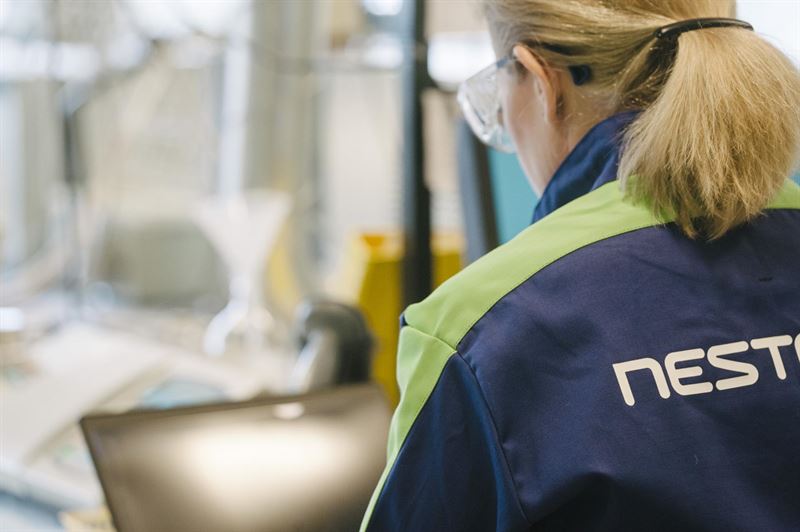
Finnish engineering company Neste has received funding for its Pre-treatment and Upgrading of Liquefied Waste Plastic to Scale Up Circular Economy (PULSE) project.
The firm secured a positive grant decision for up to €135m from the EU Innovation Fund.
This will be used to develop chemical recycling capacities at Neste’s refinery in Porvoo, Finland.
The EU Innovation Fund is one of the world’s largest funding programmes for innovative low-carbon technologies.
Neste’s Project PULSE aims to implement the company’s patented technologies to pre-treat and upgrade liquefied waste plastic and integrate it into refinery operations.
Through the project, the company aims to increase its annual pre-treatment and upgrading capacities to 400,000t.
PULSE will also support Neste’s goal to process more than one million tonnes of waste plastic a year from 2030.
The company announced a feasibility study to evaluate the investments related to PULSE in March this year, with an investment decision due to be ready by next year.
The project’s implementation is expected to start in 2024.
Neste renewable polymers and chemicals executive vice-president Mercedes Alonso said: “We are excited to be among the projects selected by the EU Innovation Fund.
“While showing recognition for and faith in our work on chemical recycling, the funding also highlights the importance of the approach itself.
“If we want to move towards a circular economy for polymers and chemicals, chemical recycling will have a major role to play.”
Project PULSE aims to commercialise the chemical recycling of waste plastic and bridge the ‘quality gap’ between unprocessed liquefied waste plastic and the petrochemical industry’s raw material requirements.
Once scaled up, chemical recycling could help address the plastic pollution crisis by increasing recycling rates for plastics and reducing dependence on virgin fossil resources.
The funding comes after Neste started works to commercialise the chemical recycling of plastic waste in Finland earlier this year.



